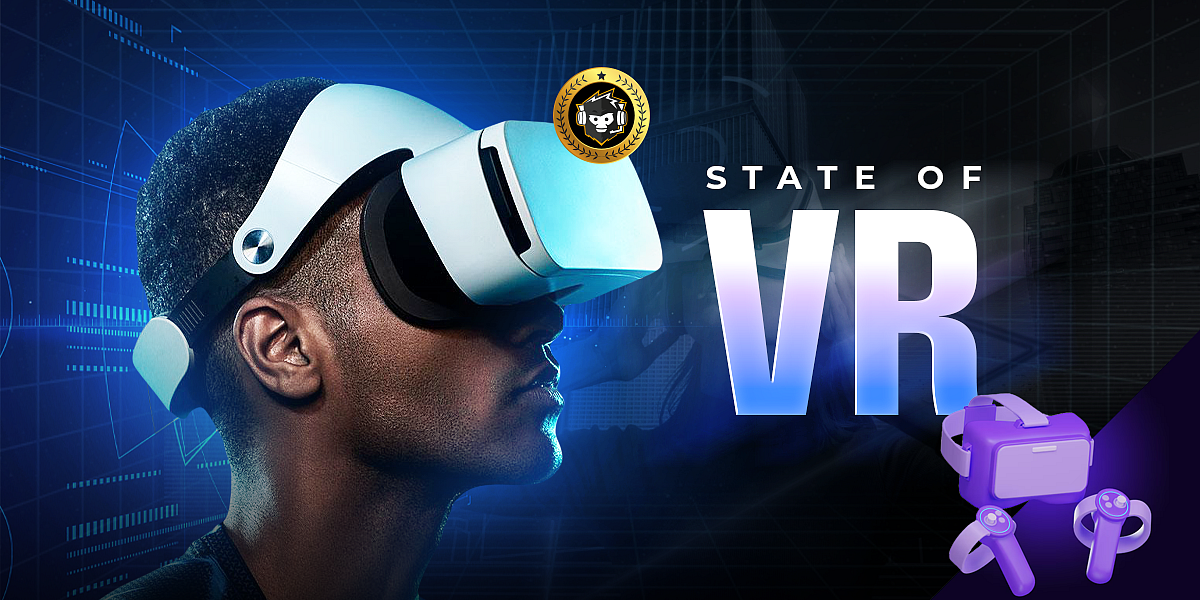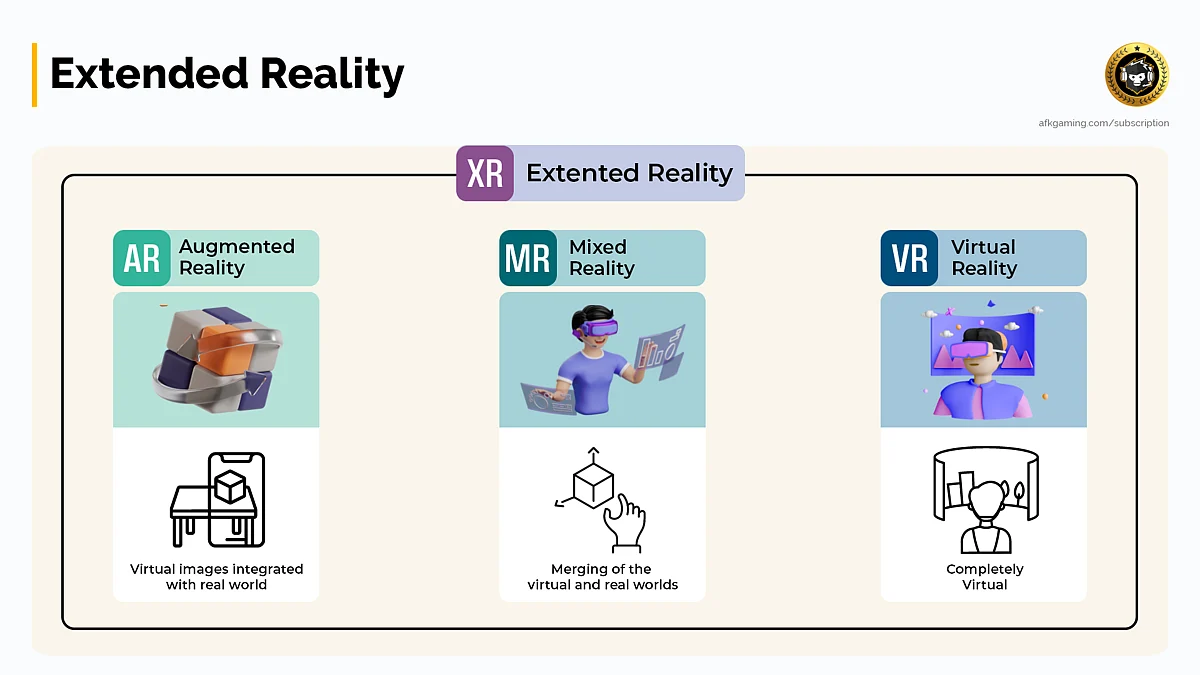Beyond Gaming: How VR Companies in India are Modernizing Core Industries
From education to healthcare, explore the impact of leading VR companies and the transformative potential of this cutting-edge technology, but does it have a future in India?

Cover-Credits:
AFK Gaming
In the bustling streets of Mumbai, a young student puts on a virtual reality (VR) headset, instantly transported from her small apartment to the majestic ruins of ancient Rome. Meanwhile, in a hospital in Delhi, a surgeon practices a complex procedure in a risk-free virtual environment. These scenes, once the stuff of science fiction, are becoming a reality in India, where the VR market is on an exhilarating upward trajectory.
VR is a technological marvel that has captivated the imaginations of millions around the globe. But while VR has taken center stage in many parts of the world, how is this revolution shaping up in India within the world of gaming and outside it. Today we take a look at some of the biggest players in the Indian virtual reality market, explore the potential of the technology, and find out how VR is saving lives across the globe.
What is Virtual Reality (VR)?
The idea of VR isn’t new. It began as a dream in the minds of imaginative storytellers and inventors. In 1935, a writer named Stanley G. Weinbaum penned a story called "Pygmalion's Spectacles," where a professor invents goggles that create lifelike experiences. Fast forward to the 1970s and 1980s. MIT developed the Aspen Movie Map, which let people explore a virtual tour of Aspen, Colorado, using a screen and a joystick. Around the same time, Atari, the video game giant, set up a research lab to explore VR. Although their efforts didn’t lead to commercial success, they paved the way for future innovations.

AFK Gaming
The real breakthrough came in the 2010s with the Oculus Rift. Palmer Luckey, a young enthusiast, created a new kind of VR headset that was lighter, more comfortable, and had much better graphics. His project was so promising that it attracted millions in funding through Kickstarter and eventually caught the eye of Facebook, which bought his company for $2 billion.
Other tech giants like HTC, Sony, and Valve jumped on the bandwagon, creating their own VR headsets. These devices allowed gamers, engineers, doctors, and even educators to explore new ways of using VR. Now, VR is more accessible than ever. You don’t need a powerful computer or a lot of money to experience it. The technology is seeping into India and is making an impact on both gaming and non-gaming industries.
